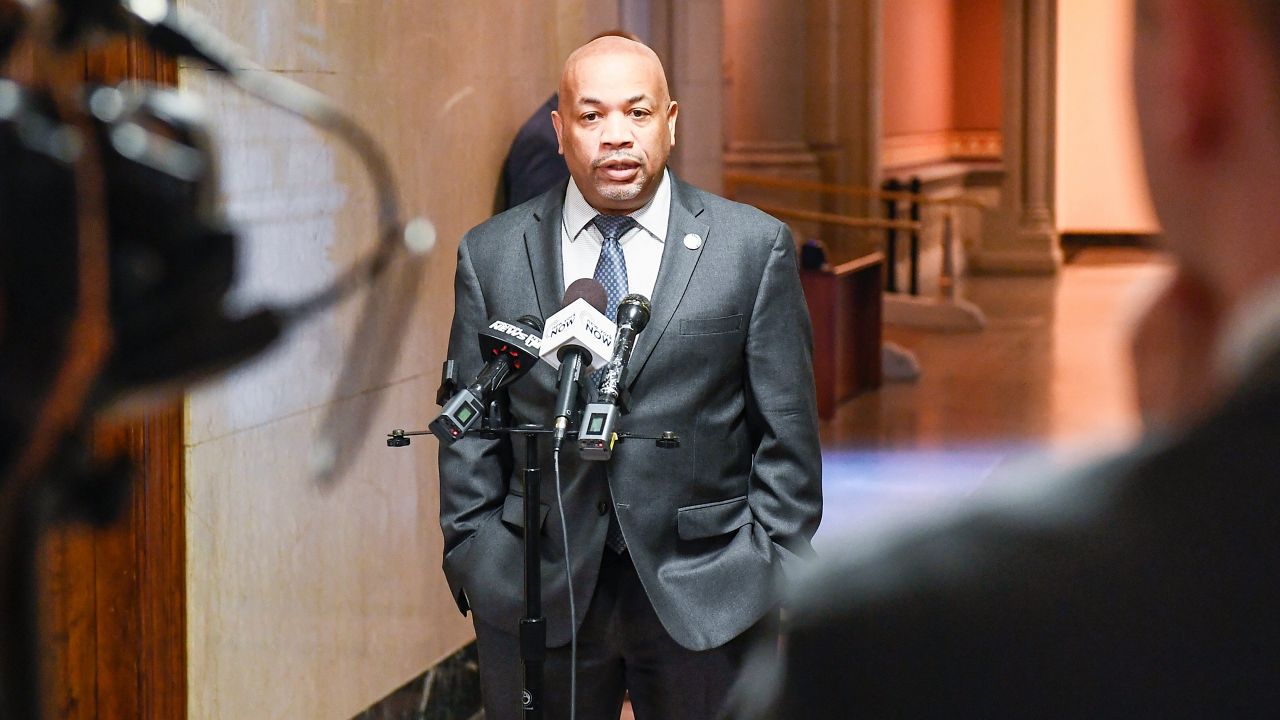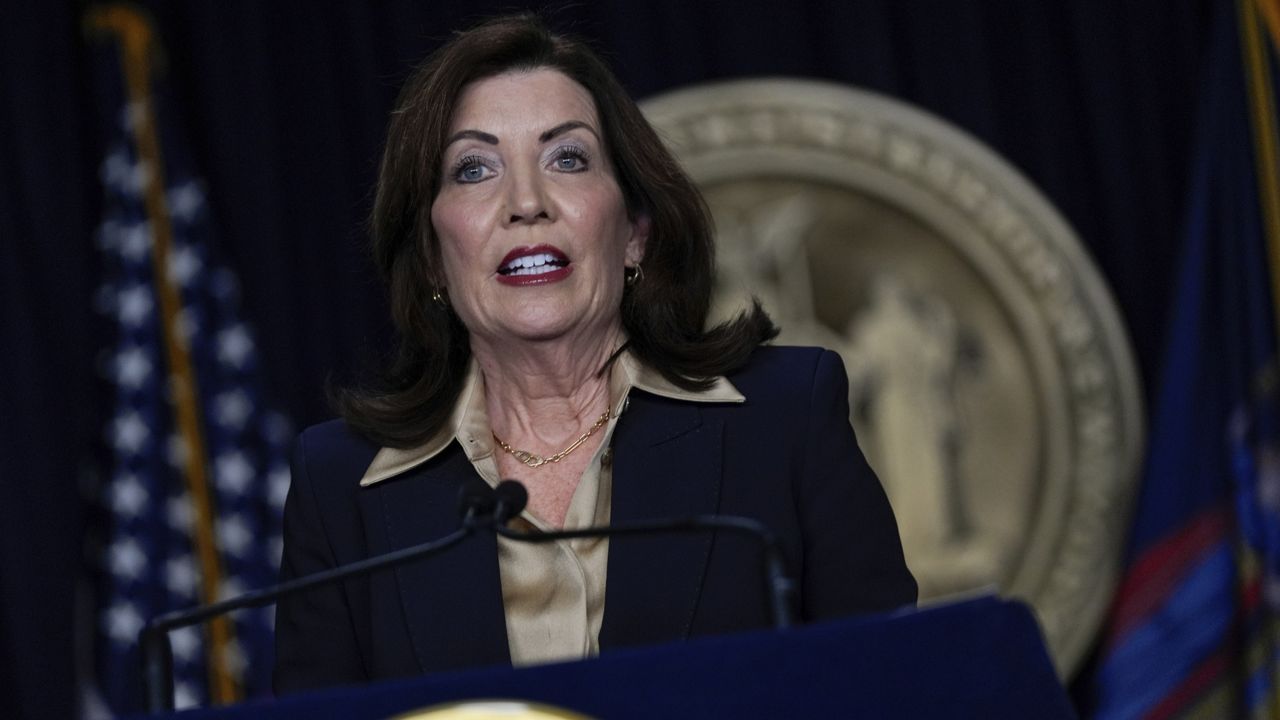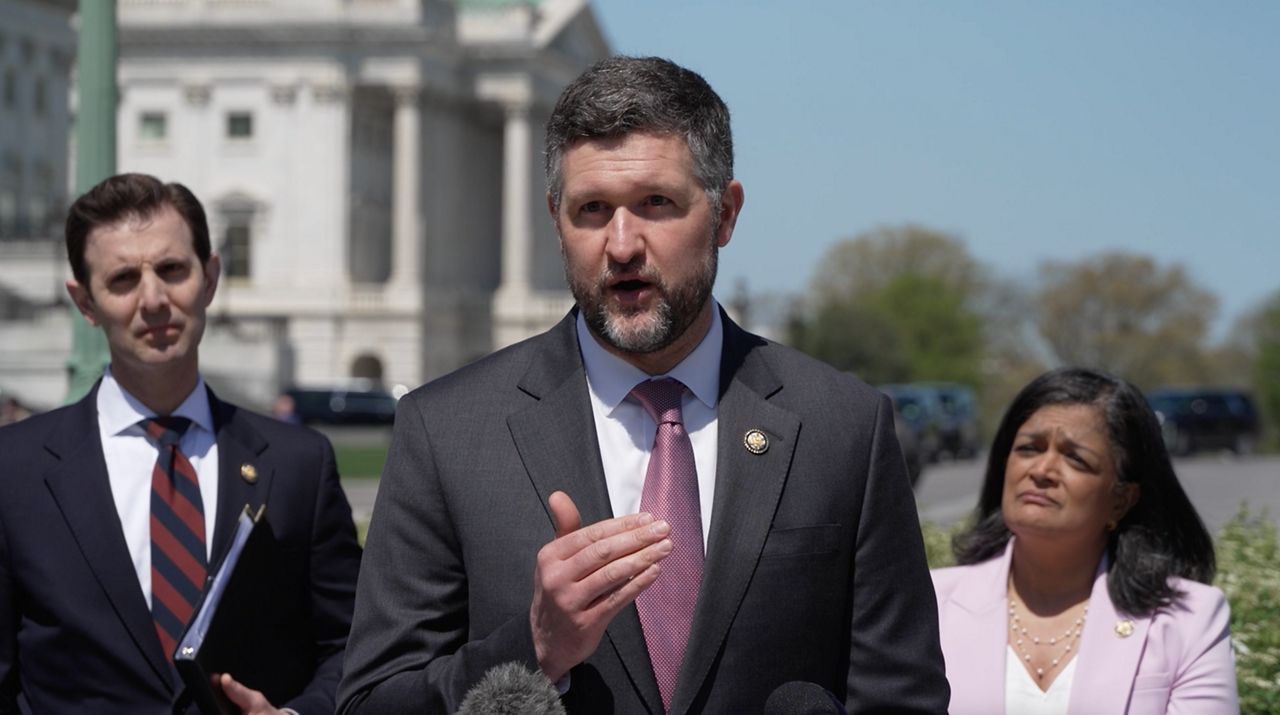Across New York state, cities both small and middle-sized face a variety of issues: A shrinking tax base, a drain of talent and, perhaps, a lack of attention from state government.
Democratic State Senator Jeremy Cooney says he's on a mission to find ways of fixing these communities.
"We want to listen to mayors, to county executives, to economic development professionals, to education leaders, to social service directors, to tell us what are the unique needs each city has," said Cooney, a Democrat from Rochester.
The lawmaker is launching a tour of the state this month to dive into the specific issues facing each community, called “Regener8 Cities." But he suspects while there may be many differences, a lot of similarities will be found.
"We also want to identify what are those common threads that go along the Thruway corridor that help you unite these cities," he said. "My guess is the issues in Rochester are not so different in the Southern Tier, or issues in the North Country."
Cooney says many cities want to attract talent and jobs, as well as businesses that can draw people back to downtowns and have them live there.
"These are essential elements of downtowns and we want to make sure we are finding ways to fund those economic development initiatives, as well as to create housing for the workforce we're trying to create for upstate New York," he said.
It's the hope of local government advocates the Cooney tour can shed some light on how to fix cities with legislation that could come next year.
Cities are essential as economic drivers for regions in New York, even as the state hasn't kept pace with their needs, said Peter Baynes, executive director of the New York Conference of Mayors.
"Each are sort of the economic center of their little microeconomies within their regions," Baynes said. "Frankly, over the last 10 to 15 years, the state has disinvested in real dollars in these cities."
The state government hasn't increased direct aid for local governments in a decade, hurting cities in the process, he said.
"You just can't go year in, year out, with a city government and all the challenges they face," Baynes said, "to have a state partner that isn't really a partner."









